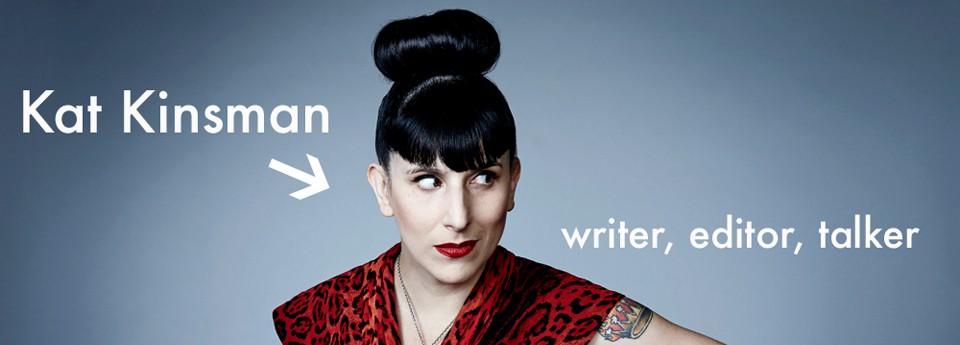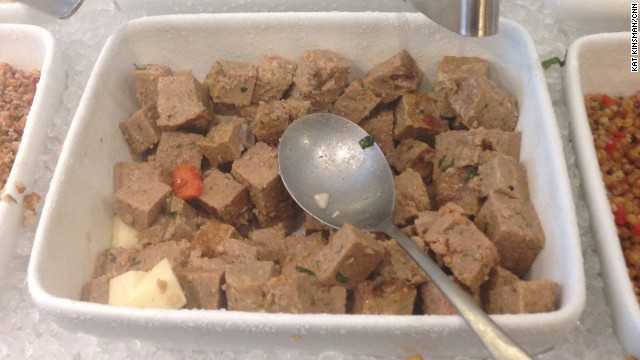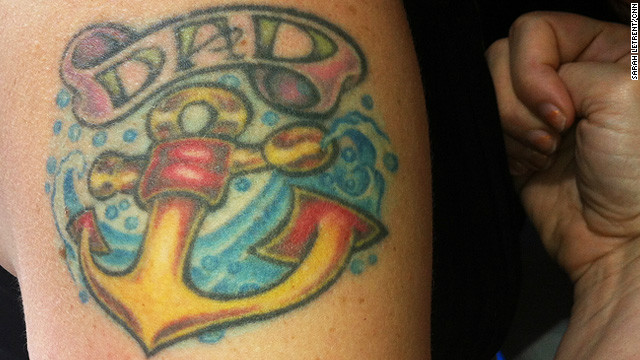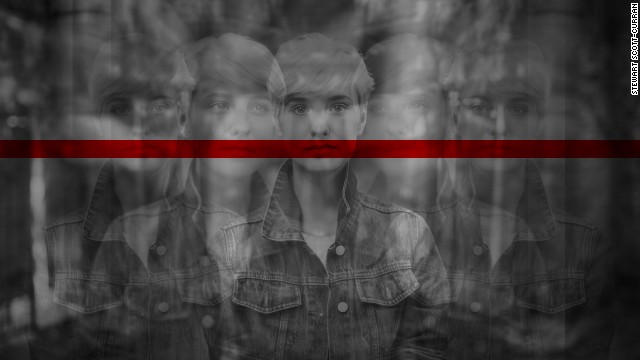A site called CNN Commentary shared my Facebook message, but I’m swiping a little of it back (oh, and I got the pub date of my book wrong. It’s early 2016):
Kat Kinsman, the managing editor of CNN’s Eatocracy blog, has left the network, she announced on Facebook. She will be joining Tasting Tables in a few weeks as editor-in-chief.
Colleagues, friends, family – I’m winding up my time here and I’m gonna blather for a very long time.
One July afternoon in 2010, I was in a crappy mood. I had no real reason to be – Sarah LeTrent and I had just successfully launched Eatocracy, and I was living my impossible dream of writing about food for the best damn news outlet on the planet.
And that was the problem. I’d somehow crawled through a back door and stumbled into CNN. CNN! Legendarily full of the best journalists in the business: people who risk their lives, dig deep, seek the truth, speak truth to power, grill world leaders and corrupt CEOs. And I was pretty much writing about grills.
But that day, that particular day I came back to my desk, and I saw this Post-It:
Read the rest at CNN Commentary



